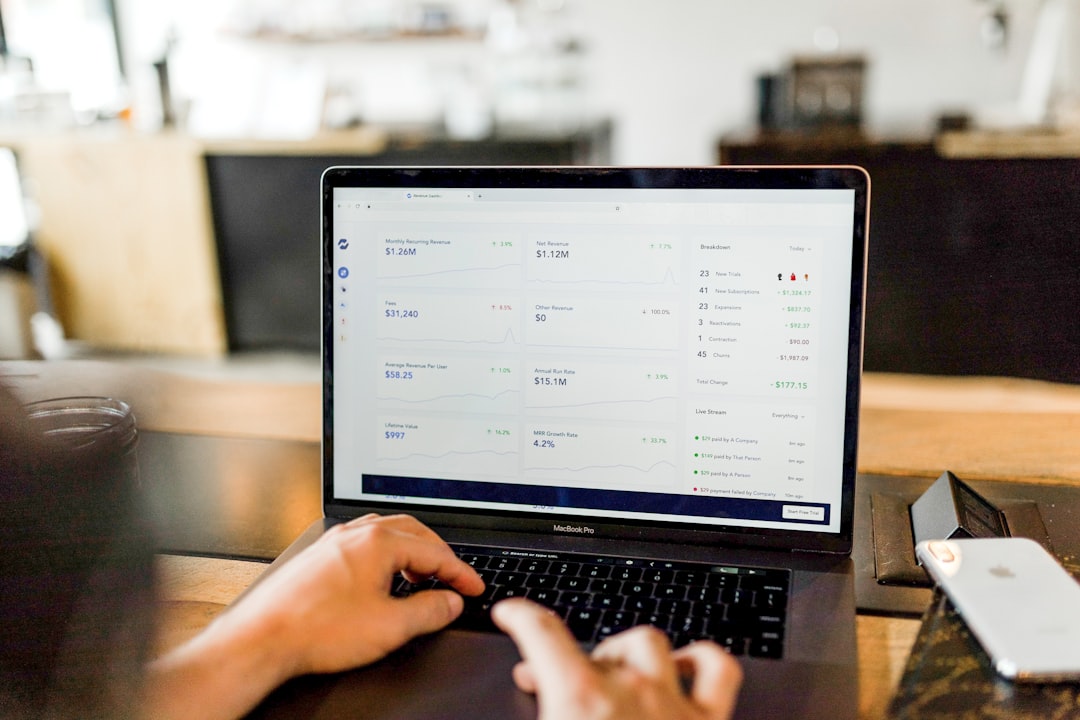
Free Resources for Economic Education: A Comprehensive Guide
## Introduction. Economic education plays a crucial role in shaping individuals' understanding of how economies function and how economic policies can impact their lives. With the ongoing evolution of technology and information dissemination, free resources have become increasingly accessible, empowering learners from all walks of life to delve into the world of economics. In this blog post, we will explore a variety of free resources that can enhance economic knowledge for students, educators, and curious individuals alike. ## Online Courses and MOOCs. One of the best ways to gain structured economic education is through online courses, often referred to as Massive Open Online Courses (MOOCs). Websites like Coursera, edX, and FutureLearn offer a wealth of economic courses free of charge. Prestigious universities, including Yale, MIT, and Stanford, provide courses that cover topics ranging from macroeconomic principles to behavioral economics. These courses typically include video lectures, reading materials, discussion forums, and quizzes, allowing participants to learn at their own pace. Here are some highlighted MOOCs that are well-rated and highly recommended: - **“Principles of Economics” from MIT** – This course covers both microeconomics and macroeconomics. - **“The Age of Sustainable Development” from Columbia University** – This course delves into economic development in the context of sustainability. - **“Introduction to Economics” from the University of California, Irvine** – A beginner-friendly look at basic economic principles. ## Podcasts and Webinars. Podcasts have surged in popularity and are now an excellent means of educating oneself about economic issues while multitasking. Programs like **Freakonomics Radio** and **Planet Money** offer engaging discussions and analyses of economic phenomena in a way that is both entertaining and informative. These podcasts feature expert interviews and real-world anecdotes that help listeners better grasp complex economic concepts. Webinars hosted by economic research institutions and universities are also a fantastic tool for education. For instance, the **National Bureau of Economic Research (NBER)** regularly offers free webinars featuring prominent economists discussing their latest research findings. These typically include Q&A sessions, providing valuable opportunities for learners to engage directly with experts in the field. ## E-books and Online Textbooks. E-books and online textbooks have revolutionized access to educational materials. Various platforms offer free e-book resources that cover economic theory, policy analyses, and real-world case studies. **OpenStax**, an initiative of Rice University, provides a comprehensive free textbook titled “Economics,” which is suitable for both high school and college students. Moreover, repositories like **Project Gutenberg** and **Google Books** allow users to explore numerous classic economic texts without any cost. Important works by economists such as Adam Smith, John Maynard Keynes, and Milton Friedman are readily available, providing foundational insights into traditional economic thinking. ## Educational Websites and Games. A plethora of educational websites offers economic games and simulations that make learning interactive and fun. Websites like **EconEdLink** provide various resources such as lesson plans, activities, and games aimed at different learning levels. The **Federal Reserve Education** website offers games like “The Fed Timeline” that help users understand the central banking system in the United States through engaging activities. Additionally, the **Council for Economic Education** provides teachers and students with valuable resources to promote economic understanding. Their interactive quizzes and simulations, such as the **Stock Market Game**, help bridge theoretical concepts with practical applications in a lifelike environment. ## Social Media and Online Communities. Social media platforms have become integral to learning and sharing resources. Economists and institutions regularly use Twitter, LinkedIn, and Facebook to share articles, infographics, and discussions that promote economic literacy. Engaging in these communities allows individuals to stay updated on current economic events and live discussions. Platforms like **Reddit** also host communities such as r/Economics where users can share knowledge, ask questions, and engage in discussions that promote collective learning. Online forums provide anecdotal experiences and insights that traditional educational resources might overlook. ## Conclusion. In conclusion, access to free educational resources in economics is more abundant than ever, presenting immense opportunities for self-directed learning and knowledge enhancement. From MOOCs and podcasts to e-books and online communities, learners can find a wealth of information tailored to their individual needs. Engaging with these resources not only fosters a deeper understanding of economic principles but also equips individuals to participate knowledgeably in discussions about economic policies and their implications. Empowering oneself with economic education is not only a personal investment but a necessary step towards informed citizenship in today's interconnected world. .








